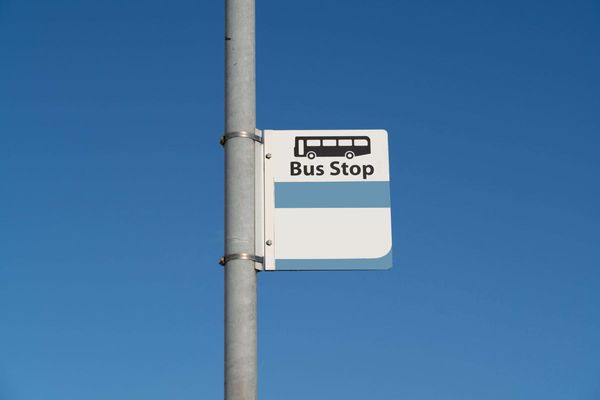
It speaks volumes about how skewed our politics — and the media reporting of it — has become that Anthony Albanese saying workers’ real wages should not fall is deemed controversial by the press and denounced by Scott Morrison.
In an election (wrongly) labelled as about nothing, at least we have a strikingly clear distinction on a basic economic issue: Labor doesn’t want real wages to fall, while the official Morrison position — backed by the media — is that anything less than a substantial fall in real wages is “economic vandalism”.
Remember, Australian workers have slightly lower real wages now than they did in 2013, so the fall in real wages demanded by Morrison, the media and business will be on top of a near-decade of zero growth for households — something most of the media, with some important exceptions like Ross Gittins, ignored.
The febrile reaction is also at odds with the insistence, until recently, from the government that wages growth would finally start happening after a decade of stagnation due to low unemployment. That’s now at an end — it’s time to go back to falling real wages, according to Morrison, offering the Coalition equivalent of what John Howard dubbed under Paul Keating “five minutes of economic sunshine”.
Throughout the period of Coalition rule, the position of employers, backed by the government, has been that they couldn’t afford any pay rises, and that they would come at the expense of job growth. Now, when the labour market is approaching full employment, the argument is that they would be inflationary. Under this logic, there’s never a good time for a pay rise.
Morrison says that there’s no magic wand to lift wages, and that businesses raise wages, not government (ignoring that he’s the biggest employer in the country, and was told by Reserve Bank governor Philip Lowe to ditch his public sector wage cap to help wages growth).
But the history of the past decade is Australian businesses don’t lift wages. What they do is use multi-year enterprise agreements to lock workers into lower wages growth, demand increases in immigration to put downward pressure on wages, rely on the Coalition stacking the Fair Work Commission with employer group representatives and Coalition mates, and engage in economy-wide wage theft that has left workers out of pocket by billions.
And all along profits rose at the expense of wages, with the profit share of income surging from 2015 at the expense of the labour share — it currently stands near the all-time high level of 2020 — with real unit labour costs falling 9% between 2015 and 2021. Employers have banked all that, while ordinary households were stuck with real wages at 2013 levels.
But there’s more to the wages issue than inflation.
Suppressing household incomes, guaranteeing ordinary working families can’t get ahead because of stagnant pay and falling real wages, is a recipe for more than the economic impacts of poor income growth (to wit, GDP growth mired in the 2s as it has been for most of the past decade). It’s a recipe for growing alienation and resentment among working people.
Lowe alluded to this in 2018, saying “slow wages growth is diminishing our sense of shared prosperity. If this remains the case, it can make needed economic reforms more difficult.”
But the result goes beyond antipathy to “reform”: to greater support for populist politicians who propose to disrupt the whole rotten system and who offer simplistic solutions (like the fixed interest rate rubbish Clive Palmer is peddling). After all, what stake do workers have in a system under which they can never get ahead, in which there’s always an excuse for their real wages to be cut?
So where can a 5.1% pay rise come from without driving up prices? It can come from the greater profit share companies have amassed in recent years. Or it can come from the colossal profits that some of our biggest companies pay without contributing a cent in tax. (Too bad Labor is refusing to fix up the rotten petroleum rent resource tax to collect some windfall profits from surging energy prices — we could learn a lot from Italian Prime Minister Mario Draghi, the former head of the European Central Bank, who has imposed an initial 10%, now 25%, windfall profits tax on energy companies in Italy. Just imagine doing that here.)
And it can from the $40-odd billion in JobKeeper that Josh Frydenberg gave to companies unnecessarily. As that forensic foe of JobKeeper, The Australian Financial Review’s Joe Aston pointed out today, where did the bulk of the approximately $112,000 per job saved by JobKeeper go? “To subsidise private schools, megachurches, car yards and retailers like Harvey Norman already revelling in the best trading conditions they’ve ever seen.”
Albanese should welcome the feral reaction to his monstrous idea that workers shouldn’t go backwards for reasons that have nothing to do with them. And he should signal, loud and clear, to voters tempted to see the whole political and economic game as rigged against them, that as prime minister he’s not prepared to tolerate it. It might do more for politics than just winning an election.







